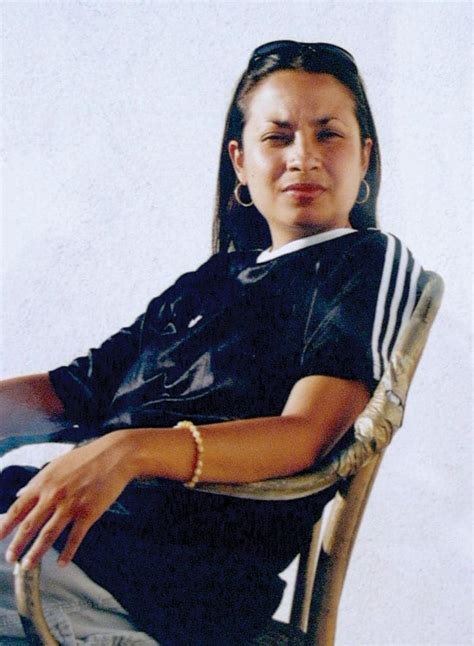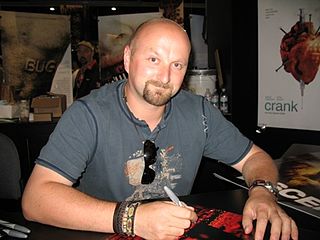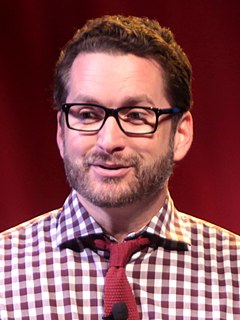A Quote by Lisa Joy
Working on 'Westworld' has been an incredible experience in learning to make something with the scope of a feature on a TV timeline with a budget nowhere near what you would expect for a feature film equivalent.
Related Quotes
As soon as I finished film school I was thinking about, how do I get to feature films? It took about eight years, and I'm still working. Feature films was not the end goal. Feature films was one of the stages. Getting to the point of the Coen brothers or Tarantino, where you're writing your own material and have the budget to do it properly, that's the end goal, and I'm close to that.
When I said that something was going to cost a certain amount of money, I actually knew what I was talking about. The biggest problem that we were having on the financing front was people with lots of money saying "you need more money to make this film [Moon]," and us saying "no this is the first feature film we want to do it at a budget where we sort of prove ourselves at the starting end of making feature films; we can do this for $5 million." That is where the convincing part between me and Stuart came, we had to convince people with money that we could do it for that budget.
I do like working on independent films where it is a smaller budget and less pressure. The pace is also quicker than that of a big budget film. You are shooting at a fairly fast pace. Sitting around for three or four days can be quite draining. So I guess in terms of film or television, I would say filming an independent feature.
I think I entered the market around the time when there was getting to be less snobbery about the difference between feature films and television. I think there's been a lot more receptivity on television to interesting adult stories that in the '60s and '70s would have been made into feature films. I have no problem jumping back and forth. If anything, I find it less restrictive working in television.

































